You’re cruising along, music up, windows cracked for a little breeze—then in a blink, tires squeal and everything slams to a stop. Your heart thuds in your chest, and after stumbling through the paperwork and the chaos, relief. You get out, dust yourself off, and—phew—you feel mostly fine. Maybe a little rattled, but hey, that’s normal, right?
Here’s where it gets weird. The days tick by. You’re back at work, at home, living, and then, out of nowhere, your hip starts singing a different tune. Not a happy dance tune either—more like a dull ache, sharp jab, or that annoying, lingering soreness that just won’t quit. It’s confusing and, let’s be honest, a little scary. If that sounds like you, you’re not alone. Delayed hip pain after a car accident isn’t rare, but it is easy to brush off—until it’s not.
Let’s dig into why this happens, how to tell what’s serious, and—most importantly—what you can do about it. No stiff medical jargon here (unless it really matters, and then I’ll break it down so it actually makes sense). Just one friend to another, let’s figure this out together.
Why Does Delayed Hip Pain After a Car Accident Even Happen?
Alright, so you might be thinking, “Wait, can your body really just ‘miss’ an injury, then complain later?” Yeah, it totally can. And honestly, it’s more common than people realize. Our bodies are weirdly talented at going into survival mode—pumping us full of adrenaline, masking pain, helping us get through the initial shock of a car accident. Sometimes, the real aftershocks show up hours, days, or even weeks later.
Ever stubbed your toe and felt fine—until you notice the bruise like three days after? Same kind of deal, but, you know, not as funny. After a car crash, your hips (along with your lower back and legs) take a beating, even if you don’t feel it right away. That’s why “post car accident symptoms” can look like anything from soreness and stiffness to sharp, stabbing pain that just won’t go away.
How Does Hip Pain “Sneak Up” On You?
Here’s the kicker: Sometimes it’s not even your hip itself! Have you heard stories where someone gets right leg pain after a car accident or weird tingling in their leg, only to find out the problem started in their spine? Pinched nerves, bruised tissues, or even a herniated disc after car accident can cause pain in places you wouldn’t expect.
When Are Symptoms Most Likely To Show Up?
Some people feel hip pain the same day—a dull ache, nothing dramatic. Others, especially after a minor car hit from the back, think they’re totally fine until…bam, pain sets in during the following week. The most common window is within 24 to 72 hours, but hey—bodies aren’t clocks.
One Real Story: “Why Did It Take a Week?”
Jenny, a friend of mine (not her real name, but her story’s real), was barely scratched in a fender-bender. A week later, she’s limping. Turns out, the initial shock masked a deeper hip strain that flared up as bruising and swelling developed. Sometimes, injuries just need time to make themselves known. And sometimes it’s not the spot that hurts — it’s what’s going on underneath.
The Hidden Culprits: What Actually Causes That Nagging Hip Pain?
If you’re suddenly googling “Why do my hips hurt after a car accident?” while balancing an ice pack on your lap, let’s get real for a second. Hips are complicated—basically the main junction where your legs, lower back, and spine all meet. So it’s not just one thing that can go wrong. But here are the all-stars of post-crash pain:
Soft Tissue Damage (a.k.a. The Invisible Bruise)
Think tendons, ligaments, and muscles. Even if you didn’t smash your hip directly, the belting-in and back-and-forth motion of a crash pulls and stretches all these soft tissues. A sprain here, a deep bruise there, and voilà—pain that’s hard to pinpoint, but absolutely real.
Examples of Specific Injuries
- Strained hip flexor (big muscle at the front that gets yanked around)
- Bruised gluteal muscles (aka your seatbelt “left a mark”)
- Torn ligaments (the stuff that keeps your hip from feeling wobbly)
Damage to the Hip Joint Itself
If the impact was big enough—or just unlucky—your hip joint could be bruised, partially dislocated, or even fractured. Not always obvious right away, which is kinda scary, but also why you shouldn’t ignore pain that shows up late.
Nerve Pain Strikes Again
This one’s sneaky. Sometimes, nerves that run from your lower back down into your hip and even your leg take a hit. Pinched nerves, inflamed tissue, or (yep, here’s that word again) herniated discs after a car accident can send pain shooting through your hip and into your thigh or knee. That classic “delayed leg pain after car accident?” Usually a nerve issue, not just a sore muscle.
Delayed Referred Pain—What Does That Even Mean?
Ever had your left arm hurt when you’ve got a heartburn or your jaw ache with a tooth problem? The body loves a good riddle. Sometimes, that hip pain is actually referred from spinal injuries, lower back trauma, or even pelvic injuries. Basically: just because your hip hurts, doesn’t mean the hip is fully to blame.
Fun Fact (for the nerds like me):
“Common spinal injuries from car accidents” include more than just broken bones—things like bulging discs, micro-tears, and even hidden nerve compression often show up after rear-end or side-impact crashes.
Is Your Hip Pain Serious? Let’s Not Panic—But Let’s Not Shrug It Off, Either
This is where it’s easy to make a mistake. We’re all tough, right? Who wants to run to the doctor for every new creak and groan? But knowing when to act can save you way more trouble (and money) later on. Some pain really is harmless and fades with time. Some isn’t.
Red Flags You Can’t Ignore
- Sharp, stabbing pain that makes you gasp or wince
- Shooting pain down your leg (especially that right leg pain after a car accident if the crash impact was on your right side—or pins and needles)
- Loss of strength or “dead leg” feeling
- Swelling, bruising, or a popping sound (never good… seriously, check it out!)
- Trouble standing, walking, or putting weight on that side
But There Are Subtle Signs Too
If you’re just feeling “off”—tighter than normal, achy after sitting still, or even noticing your walk is different, your body’s trying to tell you something. That’s not “being dramatic”—that’s being smart, listening, and acting before things get worse.
Is It Just Regular Soreness?
If you played sports or chased your kids around the park, you know what ordinary soreness feels like. Delayed hip pain after a car accident, though? It’s usually more persistent, less predictable, and just feels…wrong. If you feel fine in the morning but absolutely wiped by evening, or your pain comes with swelling or funny feelings in your leg, don’t just “wait it out.”
DIY Self-Check Tips
- Test moving your leg gently in all directions—does it catch or crack?
- Press gently around the hip bone—tender, swollen, or weirdly warm spots aren’t normal
- Try walking briskly—any limp, or sudden weakness?
If yes to any of these? Hit up your doc. It doesn’t have to be an emergency room drama—your family doctor or urgent care is a good place to start.
What Should You Actually Do If You Get Delayed Hip Pain After a Car Accident?
Okay, here’s your playbook: Listen to your body. If that dull ache, sharp twinge, or weird numbness shows up a few days after the crash, don’t tell yourself it’s in your head. That’s your body’s version of a check-engine light! Some steps to take:
When to Get Checked (and What to Expect)
If your pain’s sticking around for more than a couple of days—or you have any of those nasty red-flag symptoms above—call your doctor. They’ve seen it all, I promise. They might send you for an X-ray or MRI, or just run simple movement tests to figure out what’s up. You might feel silly explaining “It just hurts now, a week after my accident,” but believe me, they know how common this is!
Why Writing It Down Actually Helps (Lower Back Pain After Car Accident Compensation)
Boring? Yeah, but trust me—a notepad or phone diary of your symptoms, pain levels, and anything you notice gives both your doctor and any future insurance folks a clear picture. If you end up needing to file for compensation (like lower back pain after car accident compensation—totally a thing), good records can make a world of difference.
Easy Symptom Journal Guide
- Date and exact time you first noticed the pain
- What it feels like (dull, sharp, burning, etc.)
- What makes it better or worse—standing, sitting, moving, etc.
- Other symptoms (numbness, weakness, etc.)
Talking To Your Doctor So You Get Real Answers
Don’t let white coats or busy clinics make you clam up. Be honest, and be specific: Which moves hurt? How bad is it on a scale of one to ten? Did anything make it better, or does it just keep getting worse? This isn’t the time to “tough it out”—the more info you give, the better your treatment plan will be.
Insurance and Legal Aftermath—Don’t Drag Your Feet
I know, paperwork is the last thing anybody wants after a crash, but sometimes it’s the difference between real help and an endless headache. Insurance companies may look for any reason to deny or minimize your claim if you wait too long to report new symptoms. Getting checked early—and keeping everything documented—gives you the strongest case if you end up needing support, whether it’s bills, treatments, or real compensation.
Bonus: Tips for Insurance Chats
- Stick to the facts: “Pain started X days after accident, haven’t had this before”
- Don’t say “I guess I’m fine now”—just describe how you actually feel
- Ask your doctor for clear language in their notes—“likely related to motor vehicle accident”
Other Weird Side Effects You Might Not Realize Are Connected
Hip pain’s just part of the story. After a car accident, it’s common to run into all sorts of odd “post car accident symptoms.” Maybe your back hurts, maybe your knees feel off-kilter, maybe it’s headaches you’ve never had before. It can feel like you’re falling apart piece by piece.
Common Spinal Injuries From Car Accidents (Not Just Broken Bones)
You might be surprised to learn how many back problems sneak up after a crash. It’s not limited to major fractures—most people who experience herniated discs after a car accident or nerve injuries don’t notice the full impact right away. Why? Because those little spinal cushions (discs) can slowly bulge or slip over time, quietly pressing on nerves. Before you know it, that “hip pain” is actually all about your spine or lower back.
| Type of Injury | What It Feels Like | Common Delayed Symptoms |
|---|---|---|
| Herniated Disc | Shooting hip or leg pain | Numbness, weakness, delayed leg pain |
| Soft Tissue Strain | Ache, swelling, soreness | Difficulty moving, hurts more after rest |
| Piriformis Syndrome | Sciatic pain in hip & buttock | Pain radiates down leg, cramps |
| Hip Contusion | Bruising, sharp pain | Pain increases with movement, visible bruises |
Does the Type of Crash Matter?
You bet. Most people don’t think about it, but where and how you get hit in a car can totally change what hurts where—especially when it comes to hips or backs. A car hit from the back usually whips your entire lower body in a snap, so hips and spines soak up the impact. Side impacts often wrench the seatbelt across your body, bruising ribs, hips, and even shoulder joints. All these forces add up in ways you might not expect—sometimes in spots that only hurt way after the airbags are folded away.
Expert Insights, Real-Life Stories, and Honest Answers
I get it—sometimes reading advice from a faceless site feels like a bunch of empty words. That’s why I always say: real people’s experiences and solid expert input matter.
What Do The Pros Say?
Doctors, physical therapists, and injury lawyers all agree—no matter how “minor” the accident seemed, delayed hip pain after a car accident is always a reason to check in. According to a study on collision injuries, many soft tissue and nerve problems don’t kick in right away but can be improved or prevented from getting worse if caught early. Don’t leave it to chance—let a professional take a look.
Stories From the Real World
Ever hear that your friend’s aunt’s neighbor is still limping years after a fender-bender? That’s sadly more common than you’d think. One reader shared with me how she ignored some creeping hip and back pain in hopes it would fade—by the time she checked it out, a simple muscle injury had grown into a bigger nerve problem that took months of physical therapy to resolve. Don’t let that be you. Listen to your body, always.
How To Trust What You Read Online
There’s a lot of weird advice out there. If you’re researching, stick to trusted medical resources, or expert-backed info from physical therapists, doctors, or reputed organizations. And when in doubt, trust your instincts and seek out personal guidance for your specific situation. Your experience is unique—own it!
Ready for Recovery? You Deserve Answers, Comfort, and a Plan
Let’s land this plane. If I could sit with you over coffee (or tea, if that’s your thing), I’d say this: Don’t let delayed hip pain after a car accident screw up more of your days. The fact that you’re reading this and looking for answers already means you’re smart, proactive, and someone who cares about their wellbeing. That’s half the battle.
Remember: Pain is your body waving a little flag saying, “Hey, something’s not right here.” Give yourself grace. Stay curious about your symptoms. Don’t let anyone make you feel like you’re overreacting. Reach out for help, keep a record of your experiences, and—if you ever want to share your story, vent, or ask a question—this is a safe spot to do just that.
You’ve made it this far, and you deserve comfort, clarity, and the right care. So what about you? Have you experienced something like this, maybe even feeling unsure about what’s normal versus what needs attention? If you’re nodding yes, feel free to drop a comment or send a message. And remember, you’re absolutely not alone on this ride.

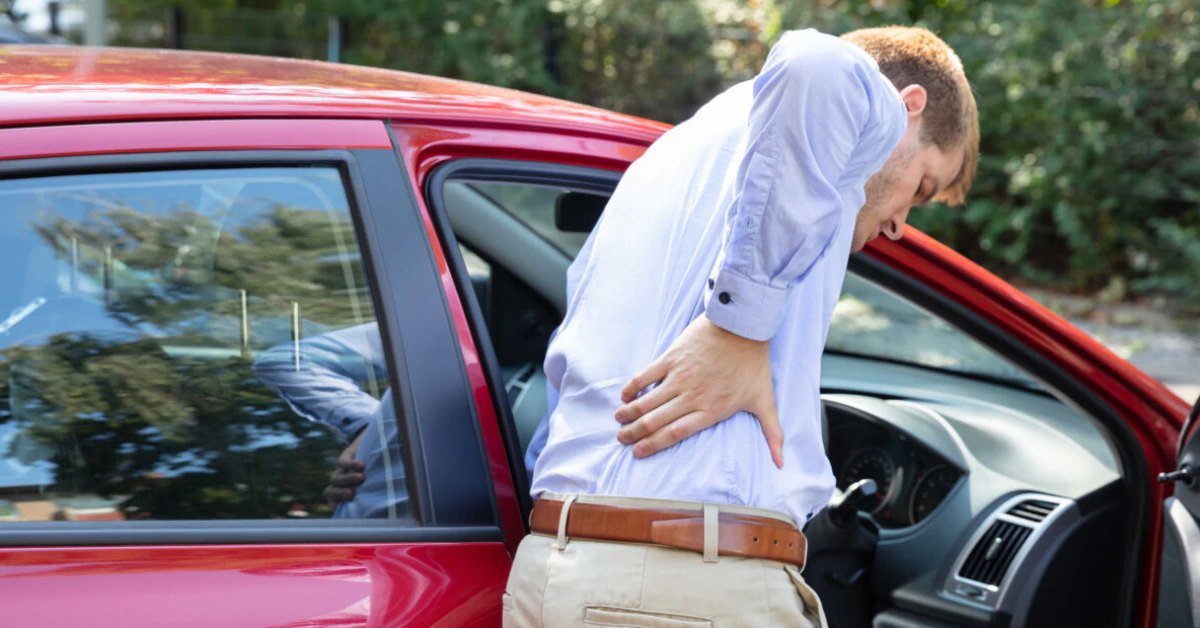
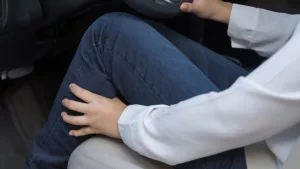
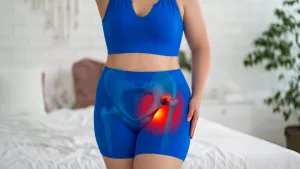
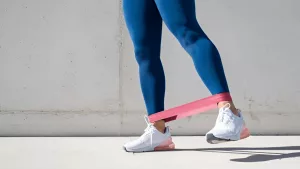

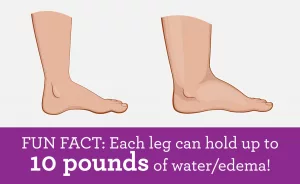



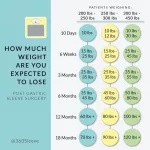
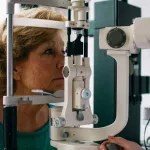






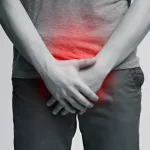






Leave a Reply
You must be logged in to post a comment.